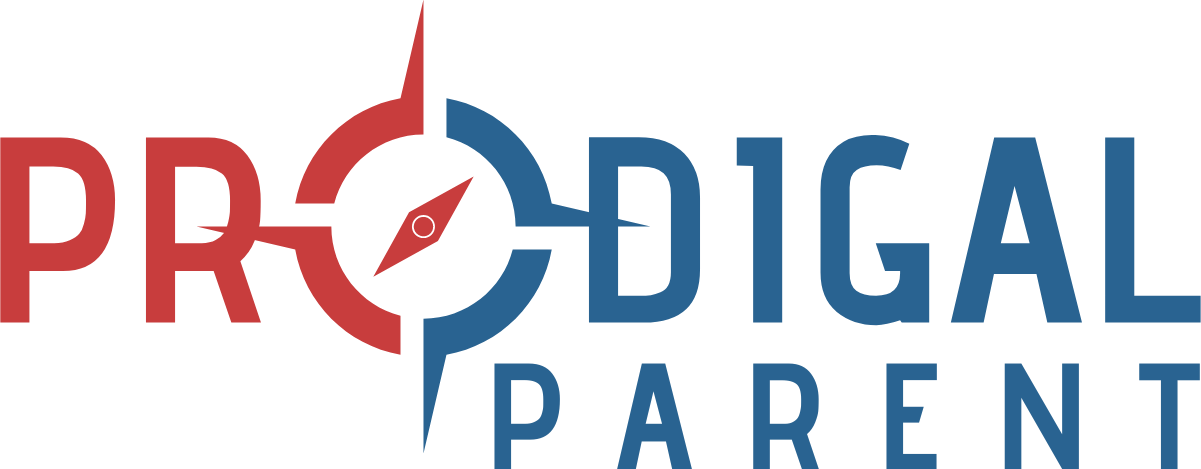
The 5 Key Stages of Addiction Recovery
Recovery is a transformative journey requiring understanding, patience, and support. For parents navigating this process with their children, knowing the key stages can provide clarity and direction. Below, we’ll explore the 5 key stages of recovery and share actionable tips to help you support your loved one every step of the way.
Stage 1: Detoxification
Detoxification is the first crucial step in recovery. During this phase, individuals go through withdrawal as substances leave their system. It is a physically and emotionally demanding process, often requiring medical supervision.
Parent's Role:
Offer emotional support through reassurance and encouragement.
Educate yourself on withdrawal symptoms and the medical care available.
Tip: Always consult medical professionals to ensure your child’s safety during detox.
Stage 2: Early Recovery
Early recovery focuses on stabilization, therapy, and developing coping skills. This phase is pivotal as individuals learn to replace old behaviors with healthier alternatives.
Parent's Role:
Encourage regular therapy sessions and participation in support groups.
Provide a nonjudgmental, understanding environment at home.
Tip: Stay informed about therapy options and actively participate in your child’s recovery plan when appropriate.
Stage 3: Maintaining Sobriety
In this stage, the focus shifts to building healthy habits and avoiding triggers. Individuals learn to create a lifestyle that supports long-term sobriety.
Parent's Role:
Help identify and minimize triggers in daily life.
Reinforce positive habits and routines.
Tip: Foster a supportive and safe environment to promote stability and growth.
Stage 4: Relapse Prevention
Relapse prevention involves developing strategies to manage cravings and setbacks. It emphasizes resilience and commitment to long-term recovery.
Parent's Role:
Recognize warning signs of relapse without judgment.
Encourage open communication and consistent use of coping mechanisms.
Tip: Celebrate milestones, no matter how small, to motivate continued progress.
Stage 5: Sustained Recovery
The final stage, sustained recovery, is about embracing a new, substance-free identity. It’s a time for reflection, growth, and building a fulfilling life.
Parent's Role:
Acknowledge your child’s progress and celebrate their achievements.
Stay involved while respecting their independence.
Tip: Keep communication open and maintain engagement to support their lasting recovery.
Conclusion: A Journey of Hope and Healing
Recovery is a challenging yet profoundly rewarding journey—not just for the individual but for their family as well. Understanding the 5 key stages of recovery equips you as a parent to offer meaningful support and foster an environment where healing can thrive. Each stage presents unique challenges, but with patience, education, and love, you can be a steady source of encouragement.
Remember, recovery is not about perfection—it's about progress. Celebrate every step forward, no matter how small, and keep the lines of communication and support open. As you walk alongside your child, you’re not only helping them rebuild their life but also strengthening your bond as a family.
For more tools and guidance, explore resources and tips at AProdigalParent.com. Together, recovery is possible.
What strategies have you found most helpful in supporting your loved one’s recovery journey? Share your thoughts in the comments below!

